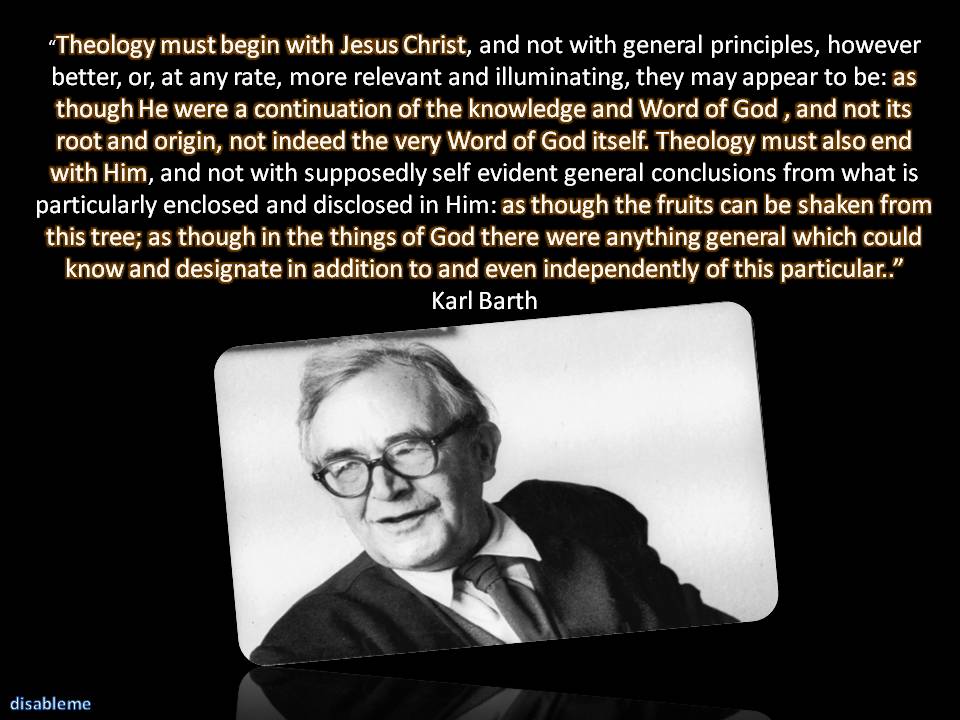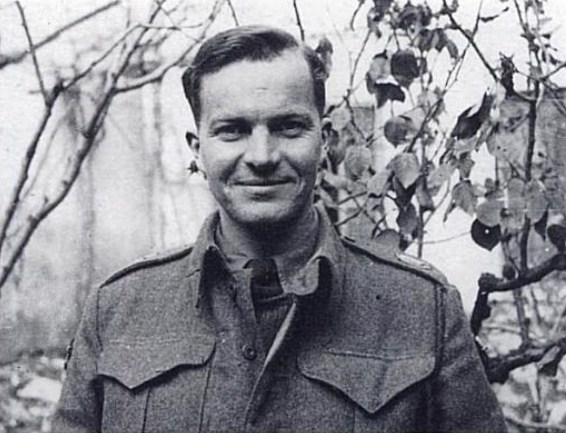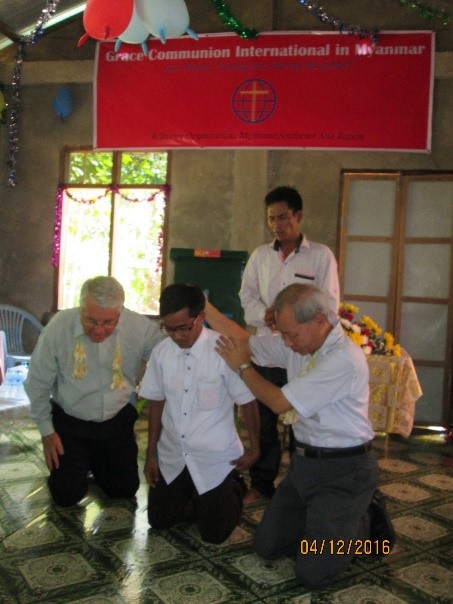Dear Brothers and Sisters,

It’s common to hear people complaining that theologians use long, complex sentences full of esoteric terms to address matters that seem irrelevant to everyday life. Perhaps you’ve felt that way at times, but have you considered that all of us are theologians of a sort? We all have opinions about God—whether he exists or not, and if he does, whether he is actively involved with his creation or is uninvolved, watching us (as the song made popular by Bette Midler declares), from a distance. This song, written by Julie Gold, does not claim that God is uninvolved with his creation, but that the troubles we sometimes face in life look less overwhelming from the “distance” of God’s perspective. Given that God’s view of things is often quite different than our own, it seems we all are in need of a theology adjustment.
The all-important question: Who is God?
In GCI, our theology adjustment came about (and continues), in part, through the writings of theologians who carefully conform their reasoning to God’s self-revelation in Jesus, the Living Word of God, communicated to us by the Holy Spirit through the Bible, the written Word of God. These theologians begin with the all-important question, Who is God?, which leads to asking Who is the God revealed in Jesus?, then Who are we in relation to God, in Christ? These questions, rather than being irrelevant, are fundamental to all aspects of life, including faith and morals.

Broadly speaking, theologians study God and his relation to the world. Accurate theology begins with inquiring about the nature or character of this God who is revealed by Jesus to be the tri-personal, relational being who created humanity (male and female) to image God as relational beings. No matter our level of theological expertise and training, when we read the Bible based on this foundational understanding, we avoid many common errors in biblical interpretation. Reading Scripture on any other basis is like trying to make orange juice by squeezing the tree instead of the fruit!
Let me give you an example of this error. One of the most well-known verses in the Bible is John 3:16: “For God so loved the world that he gave his one and only Son, that whoever believes shall not perish but have eternal life.” To understand the fullness of this scripture, we must begin by asking Who?—who is this God who loves the world so much? Our knowledge of who he is, what he has done and said, and what he wants for us is essential for us to enjoy being in a relationship with him—one that affects every part of our lives.
In his first epistle, the apostle John declares that “God is love” (1 John 4:8, 16). Thus we understand that in sending his Son to save us, God was acting out of his nature. God, as love, is the one who loves—an understanding that contradicts the wrong views of God held by many, that in turn, lead to wrong views concerning how we are to love, live, work, play, marry, parent, purchase and worship. Our view of God affects all of life! That’s why we all need to aspire to be good theologians. And so I ask, do we need a theology adjustment?
A theological adjustment on the battlefield

T.F. Torrance often told of his service as a military chaplain in the British army during World War II. On one occasion he came across a young soldier on the battlefield who was mortally wounded. Looking up at Torrance, knowing he was about to die (and thus about to meet God), he asked, “Padre, is God really like Jesus?” Torrance assured him by saying, “He is the only God that there is, the God who has come to us in Jesus, shown his face to us, and poured out his love to us as our Savior.” Torrance then prayed for the young man as he took his last breath. That was not the first or the last time Torrance was asked the same question, and he welcomed it, though he was troubled when it was being asked by Christians who did not seem to know who God truly is.
T.F. focused much of his teaching on the communion God established with humankind in Christ, a communion that takes place in time and space. Torrance, along with other Trinitarian theologians, was careful to point out that Jesus came to reveal God as a tri-personal, loving, relational being who desires relationship with us. Jesus then commissioned his church to proclaim the good news that in Christ, through the Spirit, we have access to God our Father. As the world’s Savior, redeemer and reconciler, Jesus is the One through whom we enter communion with the Father, Son and Spirit, and through whom we receive eternal life. This gospel is the sole foundation for all good theology for it is what Jesus taught and exemplified. It is also the message the apostles taught the early church and the message we teach.
Living in Jesus’ story
By shaping and enhancing our faith, good theology helps us live in the middle of Jesus’ story, which, in turn, leads to good practices grounded in the reality of who God is and what he is doing throughout the universe. The universe is being reshaped by the first coming of Jesus, and will continue being reshaped until he returns. There is no other centerpiece to Christianity than Jesus—no commandment, no day of the week, no secret code, nothing but the life, death, resurrection, ascension and promised return of Jesus. Apart from all physical creation, Jesus has opened a new chapter of life for all humanity—a new chapter that all who respond to his calling may experience. Note C.S. Lewis’ comment:
The New Testament writers speak as if Christ’s achievement in rising from the dead was the first event of its kind in the whole history of the universe. He is the “first fruits,” the “pioneer of life.” He has forced open a door that has been locked since the death of the first man. He has met, fought, and beaten the King of Death. Everything is different because he has done so. This is the beginning of the New Creation: a new chapter in cosmic history has opened. (Miracles, p. 237)
Rejoicing in life’s new chapter,
Joseph Tkach











